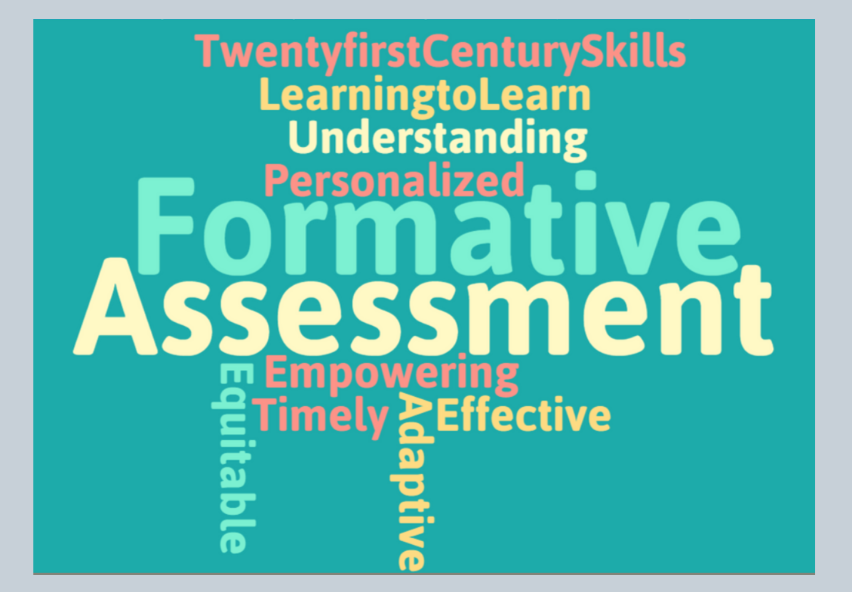
Education protocols are guidelines for efficient, respectful and productive discussions about teaching practices. Though many different education protocols have been developed, all attempt to provide participants with a safe space for sharing and improving their own or others’ teaching and coaching practices.
Continue reading “Protocols: Safe Havens for Discussion”
